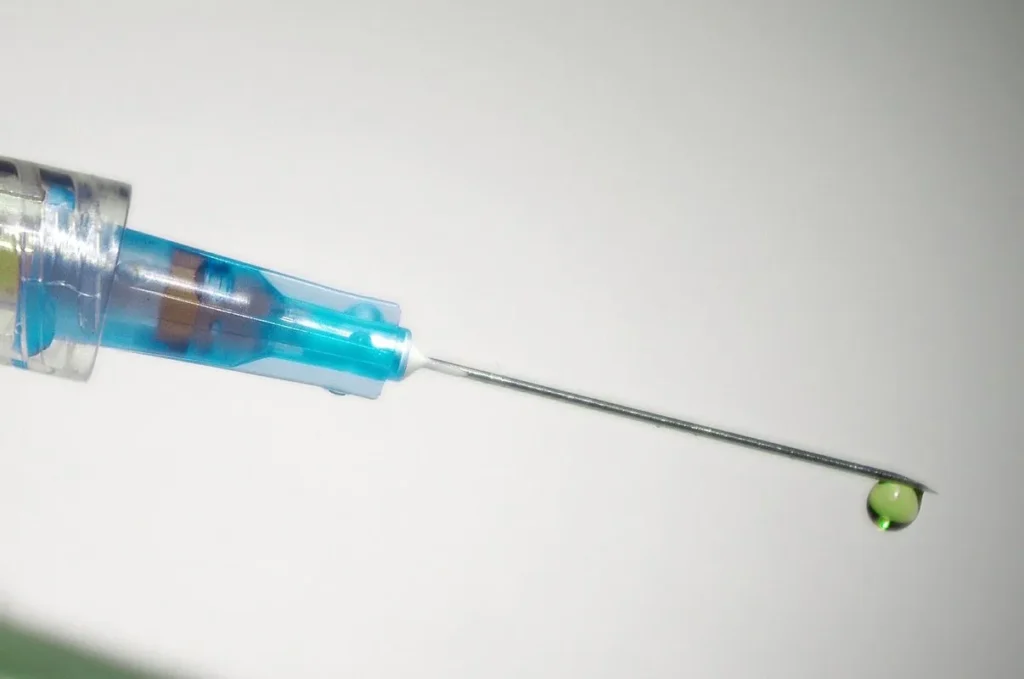HPV Vaccine: Your Questions Answered – Protect Yourself from Cervical Cancer
Share IT

Launch Your Dream Website with Us!
Click Here to Get in touch with Us.
Categories
HPV Vaccine
Know Your HPV Vaccination: Your Protective Barrier Against Cervical Cancer
Thanks to the amazing effectiveness of HPV vaccine, cervical cancer, which was formerly one of the biggest causes of mortality for women, is now primarily avoidable. This blog explores the benefits of vaccination, goes in-depth on the relationship between HPV and cervical cancer, and equips you with knowledge for a healthy future.
Thank you for reading this post, don't forget to subscribe!Table of Contents

What is the HPV virus?
A collection of more than 200 viruses known as the human papillomavirus (HPV) is responsible for some cases of genital warts. Some HPV strains are considered high-risk because they have been connected to the emergence of cervical cancer and other malignancies. These strains include HPV 16 and 18. Almost everyone who engages in sexual activity has been exposed to HPV infection at some point in their lives.
How Does Cervical Cancer Get Caused by HPV?
Although the majority of HPV infections go away on their own in a few years, chronic infections with high-risk strains might cause aberrant cervix cell alterations. If these precancerous alterations are not identified and treated, they may eventually develop into cervical cancer.
The Influence of HPV Immunisation:
The HPV vaccine functions as a barrier, guarding against infection by the most potent strains of the virus that cause the majority of cervical malignancies. When administered at the suggested ages, it is extremely successful, preventing over 90% of cervical cancer cases.
Who Needs Immunisations?
At the age of eleven or twelve, the Centres for Disease Control and Prevention (CDC) advises all girls and boys to get vaccinated against HPV. For those who have not been vaccinated yet and are under the age of 26, vaccination is also advised.
Advantages of HPV Immunisation:
- Prevents cervical cancer: The fourth most frequent malignancy among women worldwide, cervical cancer is greatly decreased with HPV vaccination.
- Prevents other cancers: The HPV vaccination also provides defence against malignancies linked to the HPV virus, such as vulvar, vaginal, anal, and some head and neck cancers.
- Long-term defence against HPV infection: The HPV vaccination offers long-term defence against HPV infection.
- Safe and Effective: Numerous studies have attested to the HPV vaccination’s safety and efficacy.
Resolving Frequently Asked Questions:
Isn’t immunisation a sexual behaviour promoter? No. Vaccinating against HPV is a prophylactic measure that guards against a virus spread through sex. Sexual activity is neither encouraged nor discouraged by it.
Does immunisation mean Pap smears are no longer necessary? Even though HPV vaccine is quite efficient, Pap tests are still a crucial screening method for cervical cancer. Following vaccination, women should continue to adhere to advised Pap smear protocols.
Is immunisation still effective if I’ve engaged in sexual activity previously? Indeed. Even if you have already been exposed to HPV, getting vaccinated against it can still be beneficial. It can guard against contracting non-covered strains of illness in the future.
Taking Charge of Your Well-being:
One effective weapon in the fight against cervical cancer is the HPV vaccination. You may drastically lower your risk of acquiring this avoidable cancer by being vaccinated and going through regular Pap smear exams. See your physician right away to find out more about the HPV vaccine and its potential benefits.
Recall that strength comes from knowledge. Knowing HPV and the advantages of vaccination can help you make wise health decisions and protect yourself in the future.

Launch Your Dream Website with Us!
Click Here to Get in touch with Us.





























































Recent Comments